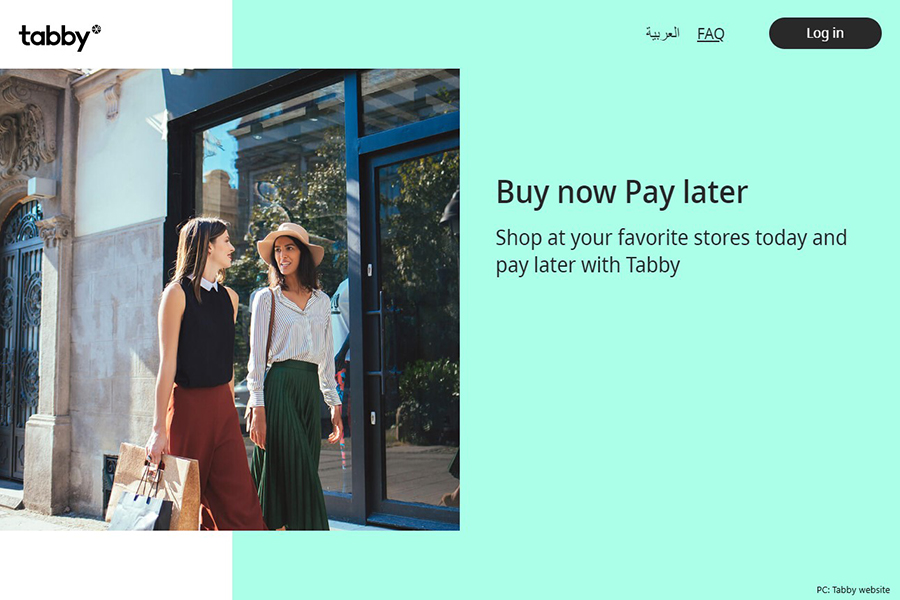
Tabby
UAE-based fintech start-up, Tabby is on a mission to simplify payments for e-commerce merchants and consumers in the region. Soft launched in February 2020, Tabby comes at a time when the COVID-19 pandemic has accelerated the move towards digital. Retailers are expanding their digital presence, while customers are shopping more online.
In addition, with the anticipated slowdown in consumer spending owing to the current circumstances, a solution like Tabby offers dual benefits. It seeks to help retailers in the UAE and Saudi Arabia to boost sales by offering customers flexible payment solutions, while consumers are able to stretch their dirham through the instalment option.
So, how does it?
Tabby’s ‘Pay Later’ solution offers an alternative to cash on delivery (COD) – a preferred payment method in the region, at least until the pandemic hit. Tabby allows customers to purchase products online using only their mobile phone number and e-mail address and requires no pre-registration or credit card usage. Customers checkout from a partner site, receive their orders and then pay for them 14 days later. On the other hand, Tabby’s ‘Pay in Installments’ option gives customers the flexibility to pay for their purchases in multiple, interest-free instalments without requiring a credit card.
Co-founded by fashion marketplace Namshi’s erstwhile CEO, Hosam Arab and Daniil Barkalov, Tabby has raised over $9 million so far to help fund its growth and expansion into KSA. “As we continue to work with larger retailers, we will continue to seek capital to ensure we are well-funded to support their sales on our platform,” says Arab.
How is the brand performing?
Arab: In the last few months that we’ve been live, the brand has performed very well. We’ve already seen considerable activity with customers shopping on our partner merchants’ websites. We’ve also seen increased inbound interest from other e-commerce players to offer Tabby to their customers.
Could you explain Tabby’s scalability?
Arab: The model is massively scalable as more merchants and customers start to use the solution and seek the benefits it offers. It has the potential to create a network effect that promotes the offering to more merchants and thereby to more customers.
Why do you think Tabby will work in the region?
Arab: There are several reasons why we think Tabby will work in this region. First, the region has a very young, tech-savvy demographic that has shown – through various consumer group discussions – that they are increasingly wary of credit cards and the hidden fees associated with them. Second, for safety and security reasons, a number of shoppers are hesitant to put up their credit card details on merchant websites. With Tabby, there is no need to use any debit or credit card and you can safely checkout online simply by providing a mobile phone number and email address. Third, and especially in KSA, access to consumer credit is low. We see a high disparity between the number of debit cardholders versus the number of credit card holders; and Tabby, by offering deferred payment, can bridge that gap and offer an even more convenient solution to shoppers. Finally, many retailers and e-commerce websites have long suffered from the costs associated with missed COD shipments. Tabby, through its 14-day Pay Later product, provides an alternative to COD that can help many of our partner merchants decrease shipping costs as well as offer their customers a “try before you buy” service, similar to what many other global retailers are doing.
For all the latest retail news from the Middle East, follow us on Twitter and LinkedIn, like us on Facebook and subscribe to our YouTube page.